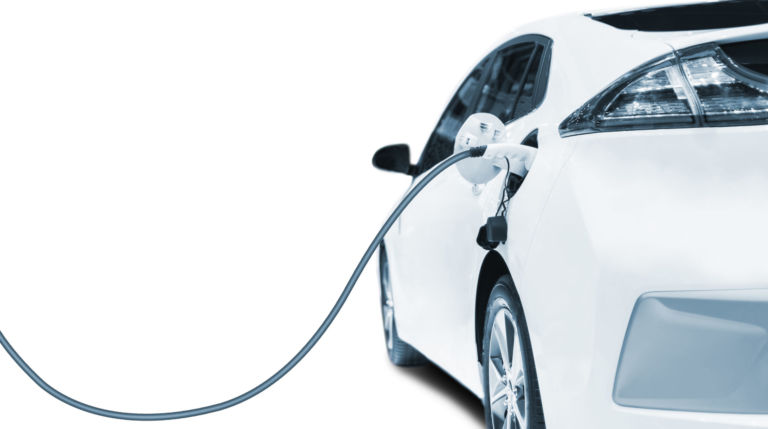Editors at the Washington Examiner focus on the Biden administration’s retreat on the electric vehicle front.
As unsold electric vehicles pile up on dealer lots and manufacturers announce production cuts after billion-dollar losses, President Joe Biden began to admit defeat for his clean energy agenda this month, directing the Environmental Protection Agency to roll back Clean Air Act regulations mandating two-thirds of all cars sold by 2032 must be electric vehicles.
It wasn’t supposed to be this way. Goosed by $7,500 federal tax credits, consumers were supposed to be buying electric vehicles in droves. Ford, for example, projected sales of 150,000 F-150 Lightnings in 2023. Instead, it sold just 24,000. That’s a lot of unwanted $60,000 vehicles.
Consumers have every reason to reject Biden’s push for electrification, especially for popular models such as the F-150. As many drivers are finding out this winter, the average capacity for an electric vehicle battery drops by 25% in cold weather. Throw on a trailer, as many F-150 owners want to do, and the battery range falls even further. Same goes for any adverse condition such as muddy or wet terrain.
Then, there is the shortage of working EV charging stations. Currently, there are only 172,000 charging stations nationwide. Analysts estimate more than 2 million will be needed to make charging an EV as easy as gassing a combustion engine. That’s assuming all those charging stations actually work. Even in San Francisco, a hotbed of EV adoption, a recent study found that on any given day, 1 in 4 existing charging stations in the metro area doesn’t work. Frustrated EV owners are telling their friends, and their friends aren’t buying electric cars.
Biden may not care about what consumers want, but he does care what the automobile worker unions want. The unions are telling Biden the forced switch to EVs is not working out for them. With demand failing to meet expectations, factories have been shuddered, and families have been forced to move. Biden’s EV push has been a disaster for union households.


